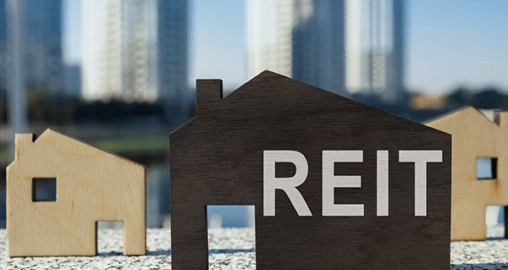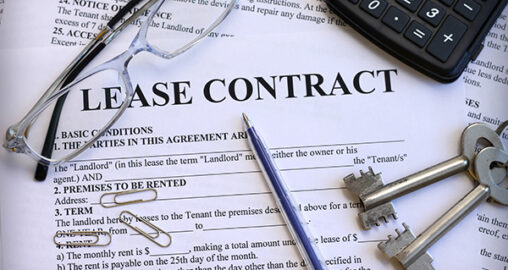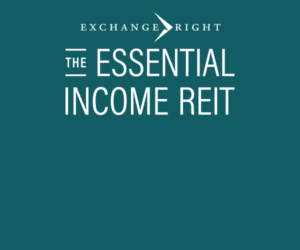1031 ‘Like-Kind’ Exchanges Are Under Fire. Again
June 29, 2017 | by | Financial Advisor

With all the turmoil in Washington, one important proposed tax change has mostly fallen through the cracks: the gutting or outright elimination of the 1031 exchange provision.
Essentially, Section 1031 of the tax code allows those who sell a parcel of real estate and invest the proceeds in a different parcel of real estate to postpone capital gains taxes. The provision dates back to the 1920s, when it helped settle disputes among farmers. In the decades since, it’s been extended to apply to other assets such as fleets of vehicles, even patent rights, though real estate still accounts for roughly 36% of 1031 exchanges.
The 1031 exchange “is a great tax strategy for real estate professionals,” says Robert Gilman, a partner at Anchin, Block & Anchin, an accounting and advisory firm in New York. “Once you sell a building, you are looking to buy the next one. With a 1031, you can use all the proceeds from the sale. If you had to pay the taxes … you would only be able to reinvest approximately 65% of the proceeds.”
With all the turmoil in Washington, one important proposed tax change has mostly fallen through the cracks: the gutting or outright elimination of the 1031 exchange provision. Essentially, Section 1031 of the tax code allows those who sell a parcel of real estate and invest the proceeds in a different parcel of real estate to postpone capital gains taxes. The provision dates back to the 1920s, when it helped settle disputes among farmers. In the decades since, it’s been extended to apply to other assets such as fleets of vehicles, even patent rights, though real estate still accounts for roughly 36% of 1031 exchanges. The 1031 exchange “is a great tax strategy for real estate professionals,” says Robert Gilman, a partner at Anchin, Block & Anchin, an accounting and advisory firm in New York. “Once you sell a building, you are looking to buy the next one. With a 1031, you can use all the proceeds from the sale. If you had to pay the taxes … you would only be able to reinvest approximately 65% of the proceeds.”











